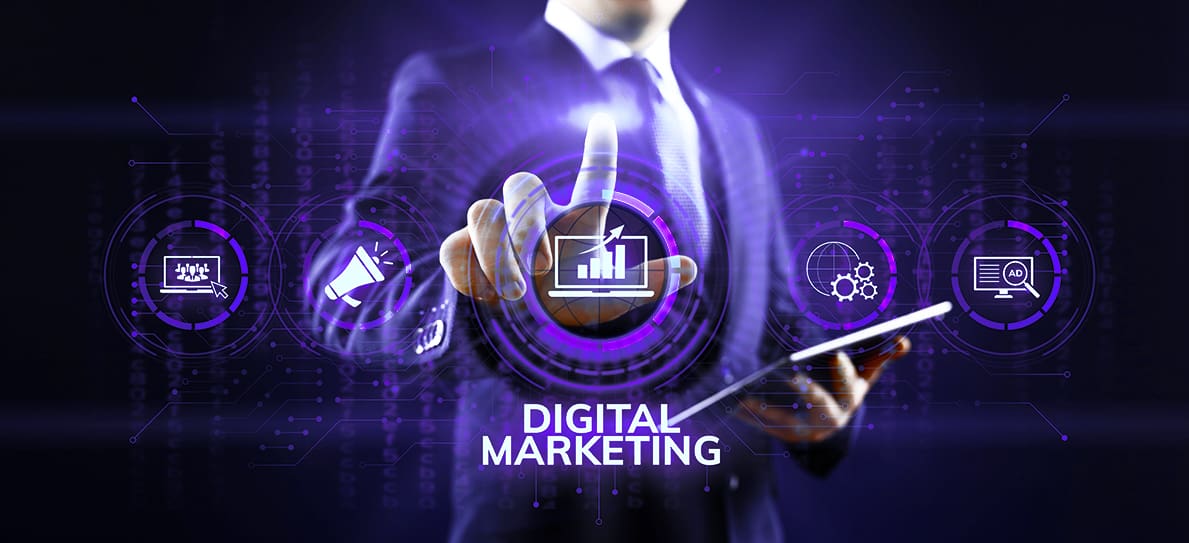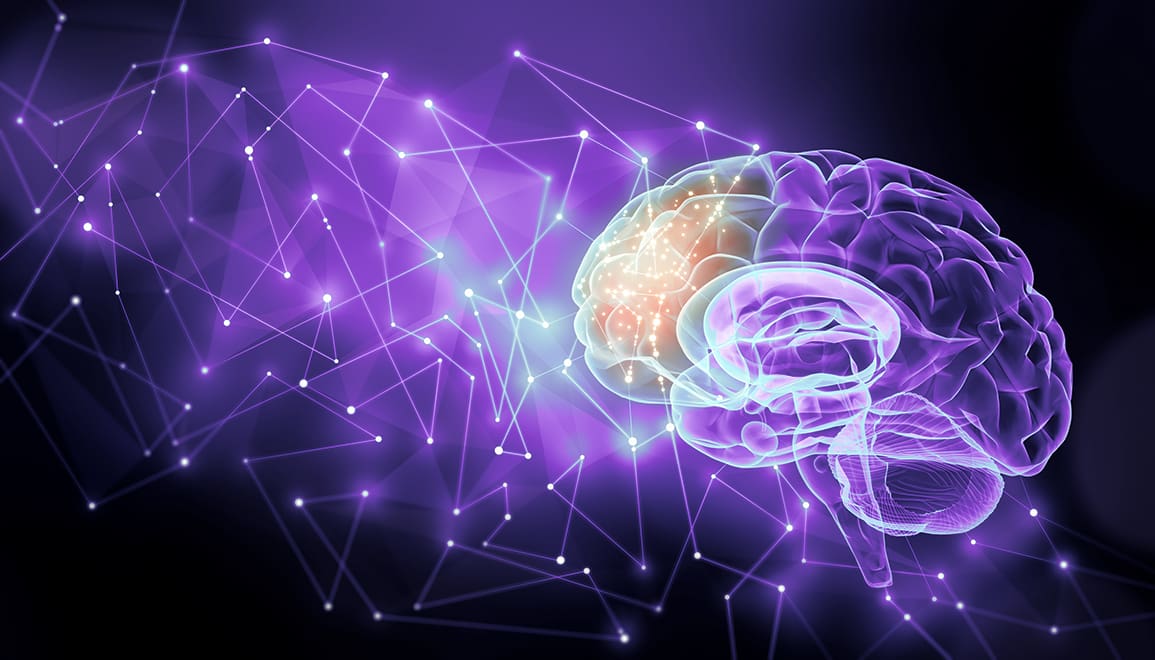Published: January 13, 2023
There’s no denying that technology has dramatically changed the way we live, work, and play. The same is true for AI in digital marketing.
In fact, many of the tools used by digital marketers today were initially developed to automate tasks in fields such as medicine and robotics. So it makes sense that AI—a type of machine learning whereby computers learn from data without being explicitly programmed, also known as artificial intelligence—would eventually come into play as well.
This article will cover what AI is, how it works, and how companies use it today.
What is AI in digital marketing?
AI refers to a set of technologies that enable machines to carry out tasks usually reserved for humans. Digital marketers can use it to perform tasks such as content writing, image recognition and creation, and conversion tracking.
How has AI impacted digital marketing?
Digital marketers have been using AI for years, but it’s still evolving rapidly. The first use cases were focused mainly on improving the efficiency of basic tasks such as data entry or processing large volumes of data sets.
However, more sophisticated applications have also begun emerging within this field. Some tools can now write content based on user behavior patterns (e.g., a better understanding of what content they engage or interact with). In contrast, others analyze social media trends so that brands can respond accordingly by creating relevant content.
What are some common AI tools used in digital marketing?

While some AI creation tools are still considered “controversial” in the world of digital marketing, they can still be helpful for ideation and planning.
AI Content Writing
Several helpful content writing tools, such as Copy.ai or Anyword, can help you create everything from blog posts to Google Ads copy.
AI Image Creation
Perhaps the most controversial AI tools are those that generate images from text. No one is quite sure what the future holds for AI image generation due to copyright and ownership concerns, but tools such as Midjourney and DALL-E-2 can create some stunning images without tying up your design department.
AI for SEO
In the less controversial arena, AI-powered SEO tools such as SurferSEO and Outranking can help your brand stay up to date with best practices and increase search engine ranking for your site.
AI for PPC (Pay Per Click)
If you are utilizing Google or Bing ads, clever AI tools such as SmartBoost and Funnel.io will help you track your metrics and automatically generate recommendations based on past performance.
Chatbots
If you have a customer or client-facing business, why not add an AI chatbot to help respond to inquiries or customer tickets? Tidio and Zendesk are solid choices with various price points.
AI for Social Media Marketing
Does your brand have a social media presence? AI automated reporting tools such as TapClicks will save your team time on reporting and metric tracking.
Advantages of AI in Digital Marketing
AI can help you find new customers: AI is a powerful tool to help your business grow by finding new prospects and converting them into customers.
Content AI can help you deliver personalized content: With the right tools, you can ensure that every person visiting your website sees content relevant to their needs and interests. This not only helps build trust with visitors but also helps keep them on your site longer.
Analytic AI can help you improve your website’s performance: With the right tools, you can use AI to optimize your site’s design and functionality (including load times) for a better user experience.
AI can help you improve your website’s security: With the right tools, you can use AI to ensure that your site is secure from hackers and malicious software.
AI can help you grow: Knowing how to use AI in your business is essential as a business owner.
Disadvantages of AI in Digital Marketing
As with any new technology, there are drawbacks; mainly, AI is still in its infancy and can’t do everything. It’s not a silver bullet; it will not replace human creativity or intelligence.
Some people worry that if they use AI, they’ll be taken over by machine algorithms and lose their jobs. While this may be true someday, we’re many years away, and learning to use these tools adequately will allow marketers to adapt to the changes tides.
There are also some negatives to using AI in marketing:
- It can be expensive, depending on your goals and resources. It might be cheaper to pay someone to come up with ideas versus paying for an algorithm to do the same job.
- It can be inaccurate. Algorithms aren’t perfect or 100% accurate all the time! You need someone focused on ensuring your campaigns are working before implementing AI into your campaigns so you don’t waste time or money on something that doesn’t work well.
- It may not work well in some industries like B2B, where there isn’t much data available yet, therefore, making it harder for algorithms to learn.
- Lastly, since AI uses machine learning based on human source material, it can also display certain biases. This can be especially troublesome for industries such as medicine and healthcare, where unbiased information is necessary.
How can you implement AI into your overall marketing strategy?

The first step is to identify the areas where you can use AI. One way to do this is by thinking about your customers and how you want to engage with them.
Does your company have a goal of increasing sales? Do you want to find new customers by targeting larger audiences? Are there opportunities for personalization that still need to be explored?
Once you’ve identified how your brand could use AI, it’s time to build an implementation plan.
Here are some tips for identifying if AI marketing is right for your brand:
- Identify what kind of data you already have about your customers, including their preferences and purchasing history, as well as how they respond to different content types and messages.
- Create realistic goals to compare to AI outputs and content. AI content might not be right for you if you are in an industry that requires factual, unbiased information.
- Determine the right technology for data collection and analysis. You may consider which platforms will be most useful as you develop your AI strategy.
What does the future hold for AI and marketing?
The future of AI and marketing is bright! As more companies implement AI, it will become more mainstream and will continue to improve speed and accuracy.
As the technology becomes more accessible, we’ll see it used in a broader variety of industries—not just retail or travel but also healthcare and finance.
We’ll also start seeing AI used in marketing channels beyond email campaigns and paid advertising, such as smart devices like Google Home or Alexa that use voice search.
Finally—and this is something I can speak personally about—we’re going to see AI play an increasing role in customer interactions at all stages: from initial contact through purchase to post-purchase support or even troubleshooting issues down the road.
AI can already predict the most effective ads to display to potential customers. Even if they don’t make a purchase, AI can retarget and serve up different ads that the target audience segment will most likely engage with.
AI chatbots allow users to troubleshoot and ask questions to a pre-built customer service funnel that can resolve potential issues.
The uses for AI technology are endless and we will see continued advancements as more data is collected and refined.
This is Only the Beginning…
We’ve only just begun to see the impact of AI on digital marketing, and it’s clear that this technology can help marketers make better decisions about how to reach their target audiences.
In addition to automating tasks that humans would otherwise do manually, AI can also provide insights into consumer behavior based on data collected from previous engagements with brands online.
Although there are still many unanswered questions about how this technology will evolve– there’s no denying its potential as an invaluable tool for improving efficiency and effectiveness in today’s fast-paced world!
AI tools aren’t for everyone. If you are wondering if AI marketing tools are right for your business, one of our Envano content experts can help you decide. Contact us today if you have any questions about increasing your productivity and bringing your marketing efforts to the next level.
This is a great list. I actually use MarketMuse to get feedback on content, ChatGPT to help write content, and Midjourney to help create graphics from time to time. We may switch to UM Engage for digital advertising management, and that tool uses AI to optimize for the metric that is the most meaningful to you across platforms.